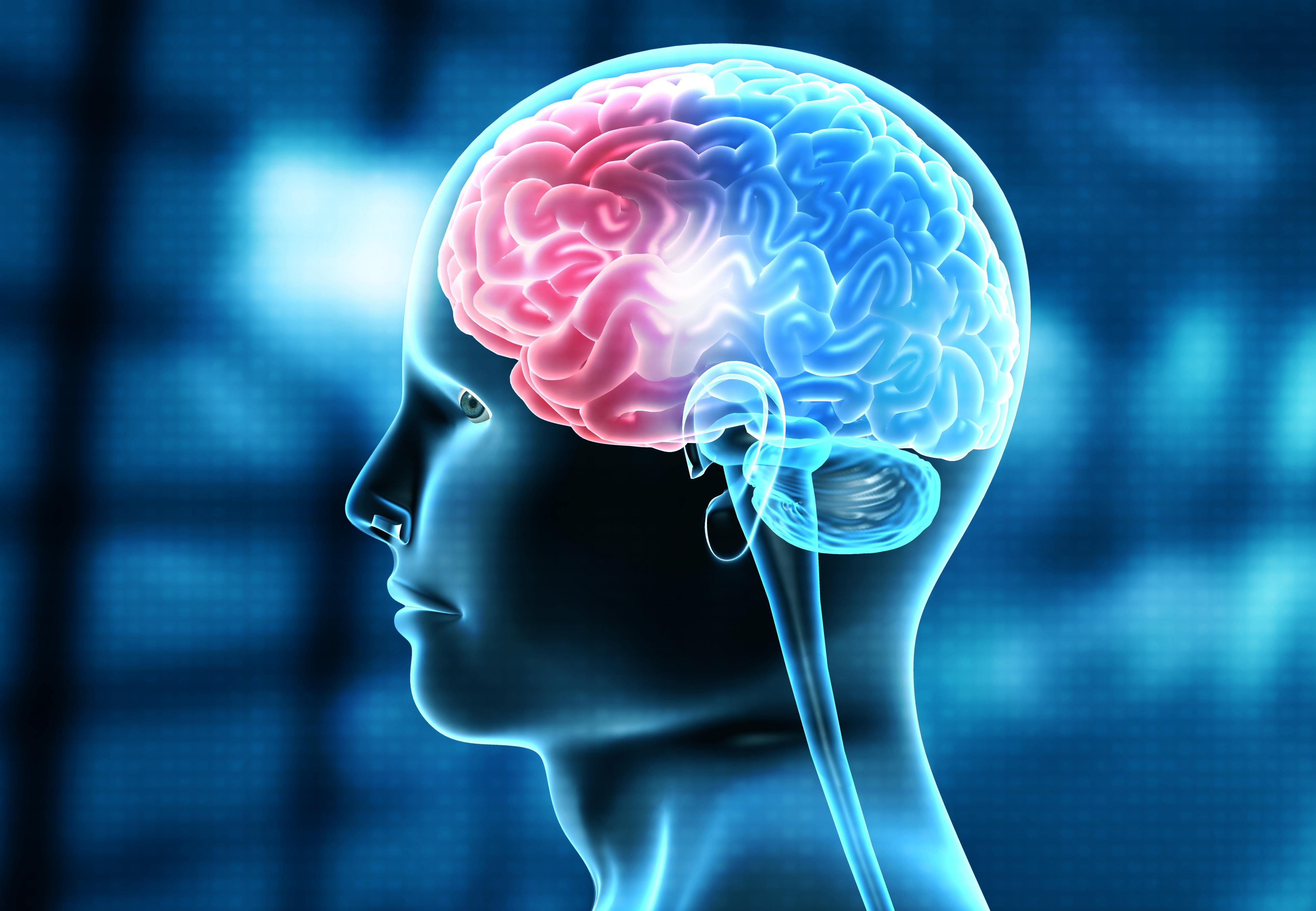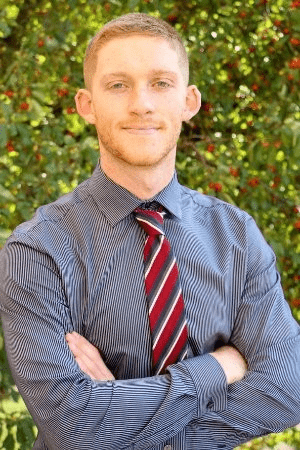

Congratulations to Daniel Callow, a doctoral candidate in the University of Maryland neuroscience and cognitive science (NACS) program for receiving the Ruth L. Kirschstein National Research Service Award Individual Fellowship for Students!
Callow is advised by Kinesiology Professor J. Carson Smith, who directs the Exercise for Brain Health Laboratory.
The predoctoral grant from the National Institutes of Health will allow Callow to complete the final two years of his doctorate with a stipend of roughly $26,000 a year. The stipend will cover costs, including travel expenses for conferences and training-related activities.
His dissertation, "The Effects of Acute Aerobic Exercise on Hippocampal Function and Microstructure in Older Adults,” is a single-session exercise study, which will test participants aged 60 to 89, who are generally mobile and active. The research will focus on Alzheimer’s disease prevention and healthy cognitive aging.
The inspiration behind the dissertation developed from Callow’s first-year project, where he conducted a similar acute exercise study and found that a single session of exercise “elicited microstructural changes in the hippocampus, a part of the brain that is associated with memory performance in older adults,” he said.
Callow added that there's been other research done showing that a single session of exercise can improve memory performance in younger adults. However, he argued that there are few studies that “really understand what it is about exercise that provides those benefits.”
“When you do a six-month intervention, you have socializing, diet and other factors that potentially modify those effects,” Callow said.
“What we're interested in is if we expect there to be these long-term repeated changes with interventions. We're hoping or expecting that every time you go out and exercise, there are small nuance changes, microstructural and cognitive, that accumulate over time.”
Dr. Smith called Callow a “rising star in the field of exercise neuroscience.”
“This grant award is a testament to the quality and innovation of his research,” Smith said. “I have no doubt this is only the beginning of even greater accomplishments to come for Daniel."
Callow said working with Smith during his time at UMD and the fellowship grant application process has been rewarding.
One of the main factors of the scoring for whether the grant gets funded is on the mentor, according to Callow. He said the grant itself is difficult to get, not only from the perspective of the applicant but also as an advisor.
“The fact that I got the grant shows that Dr. Smith is a very good mentor,” Callow said. He had to provide parts of the grant application as references to what he was going to do, how he was going to advise me and how he was essentially training me. He’s given me a lot of opportunities that allowed me to apply for grants like these.”